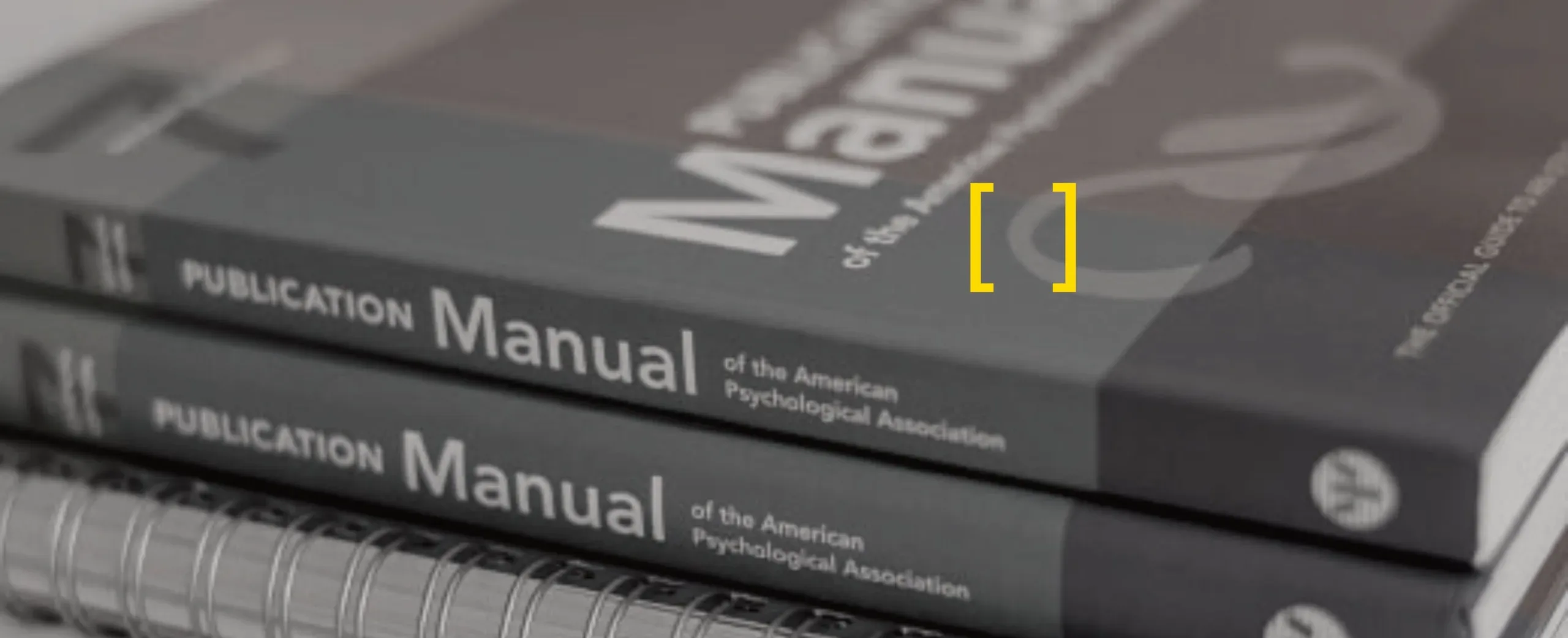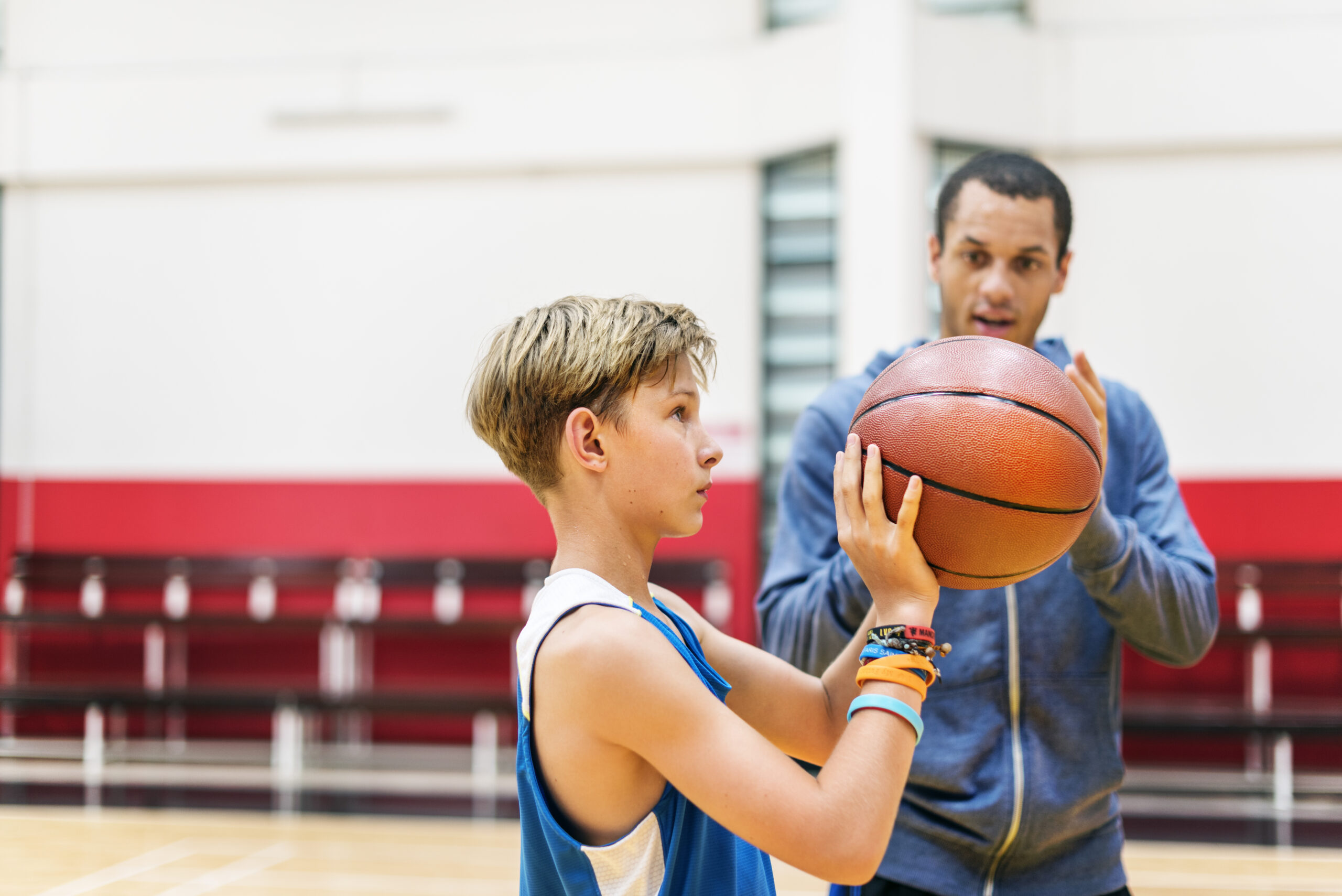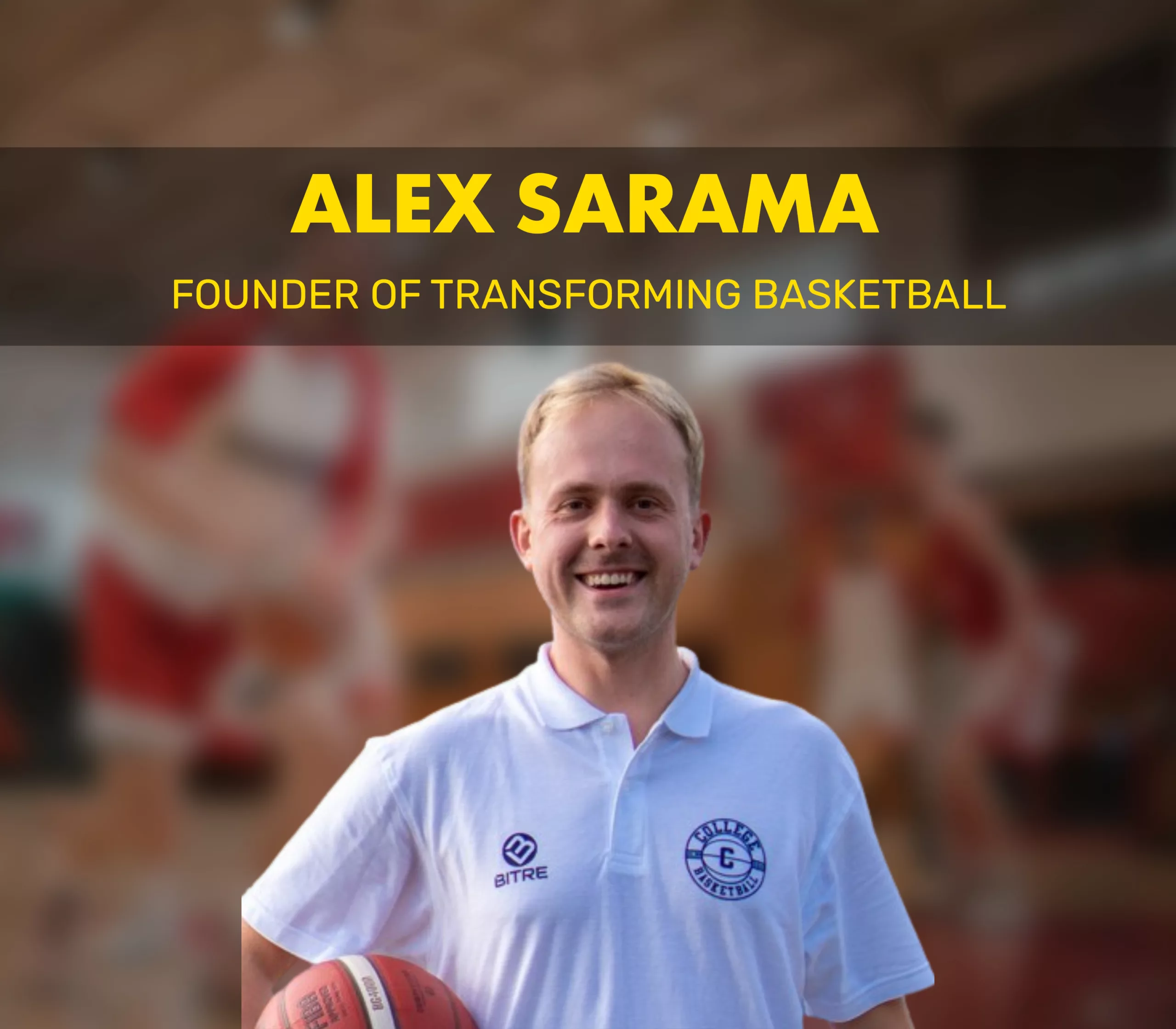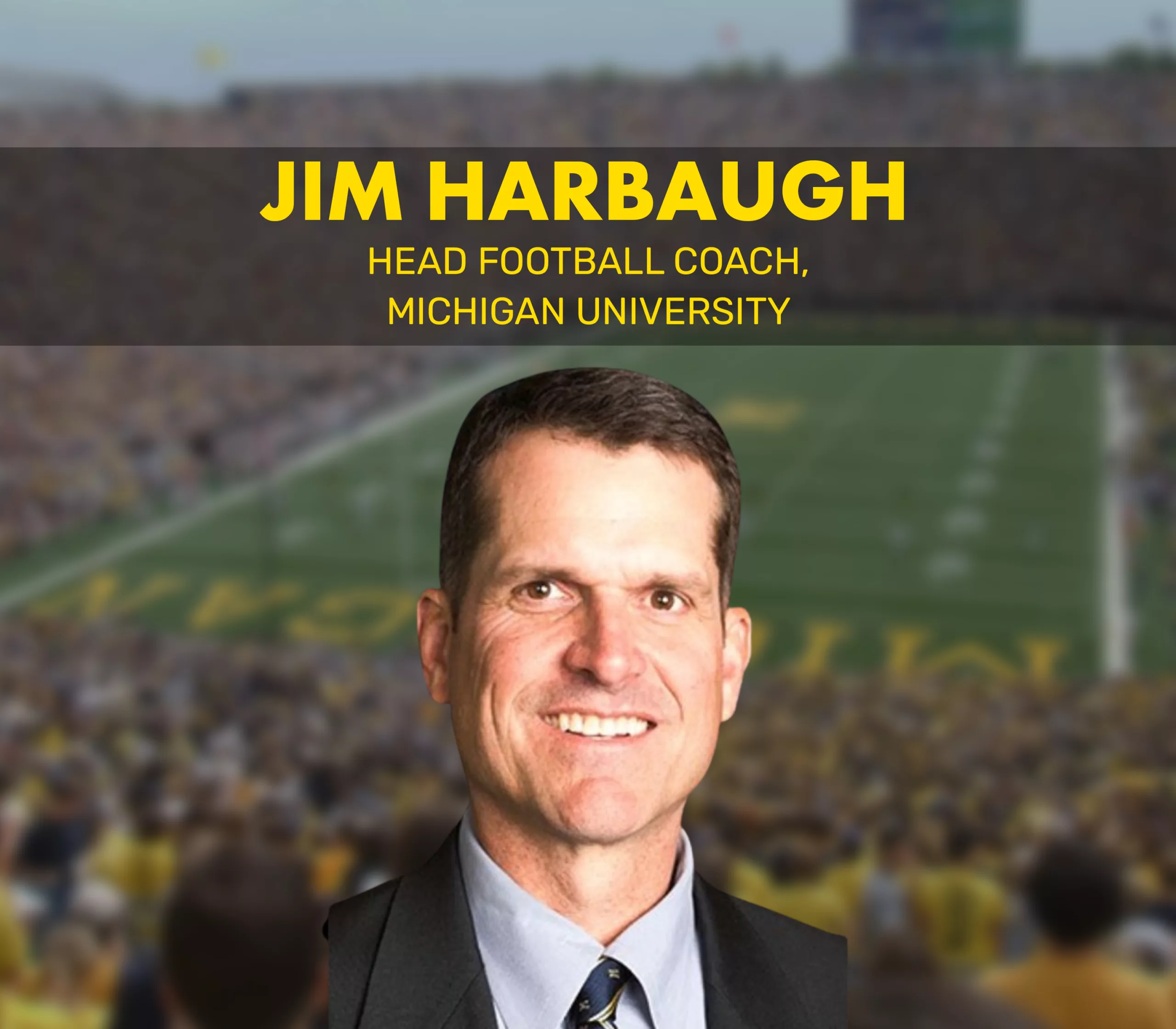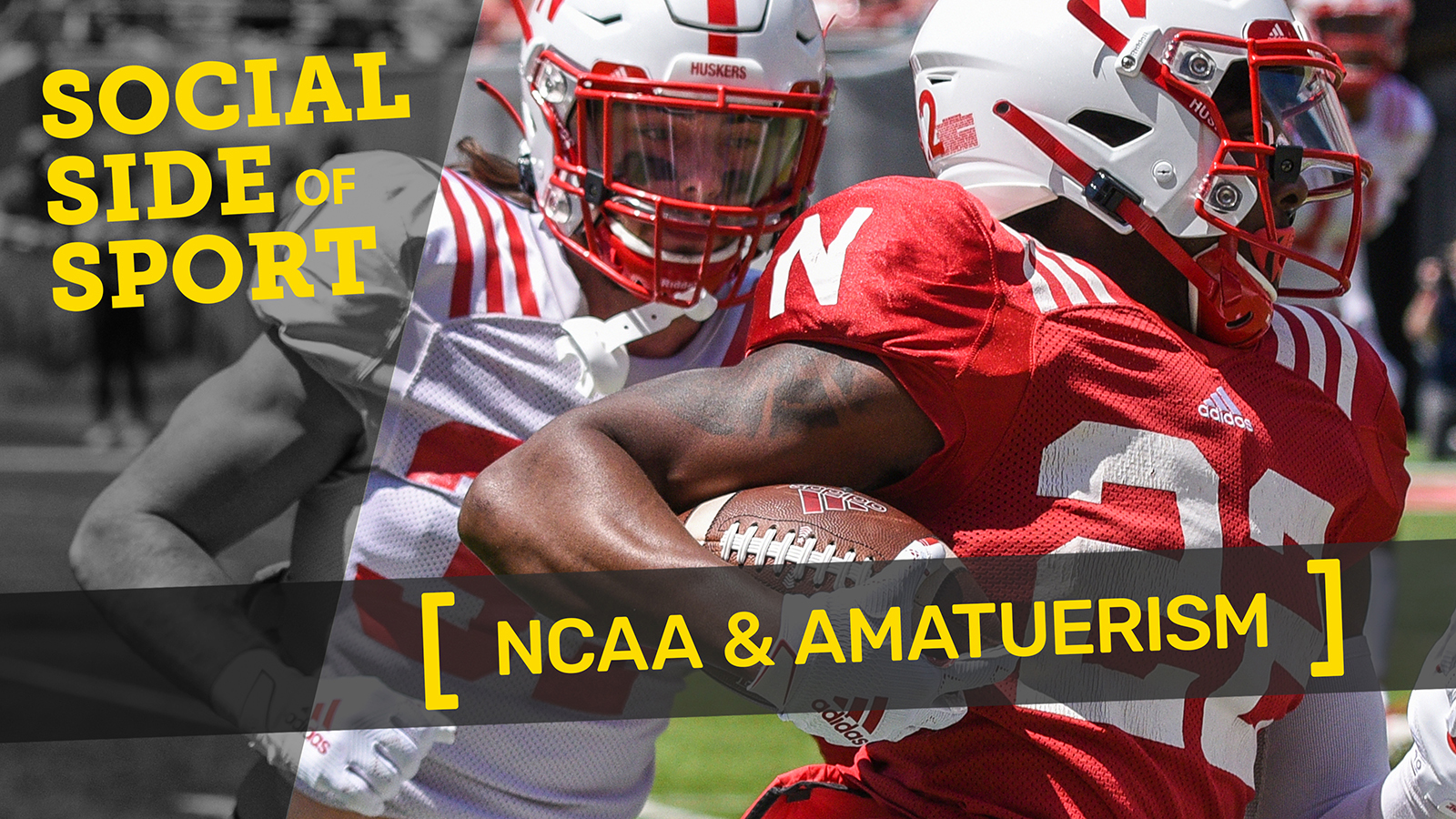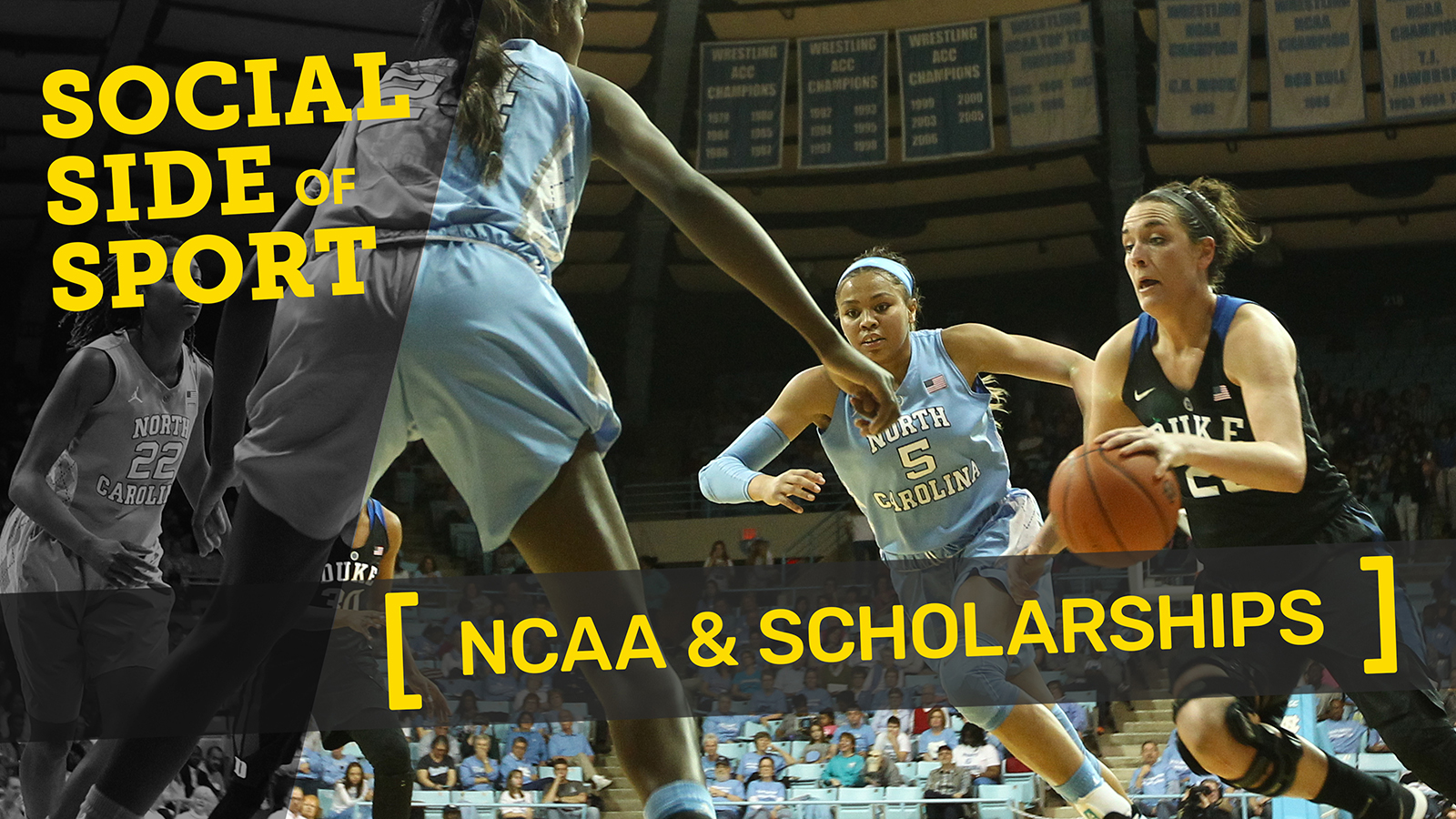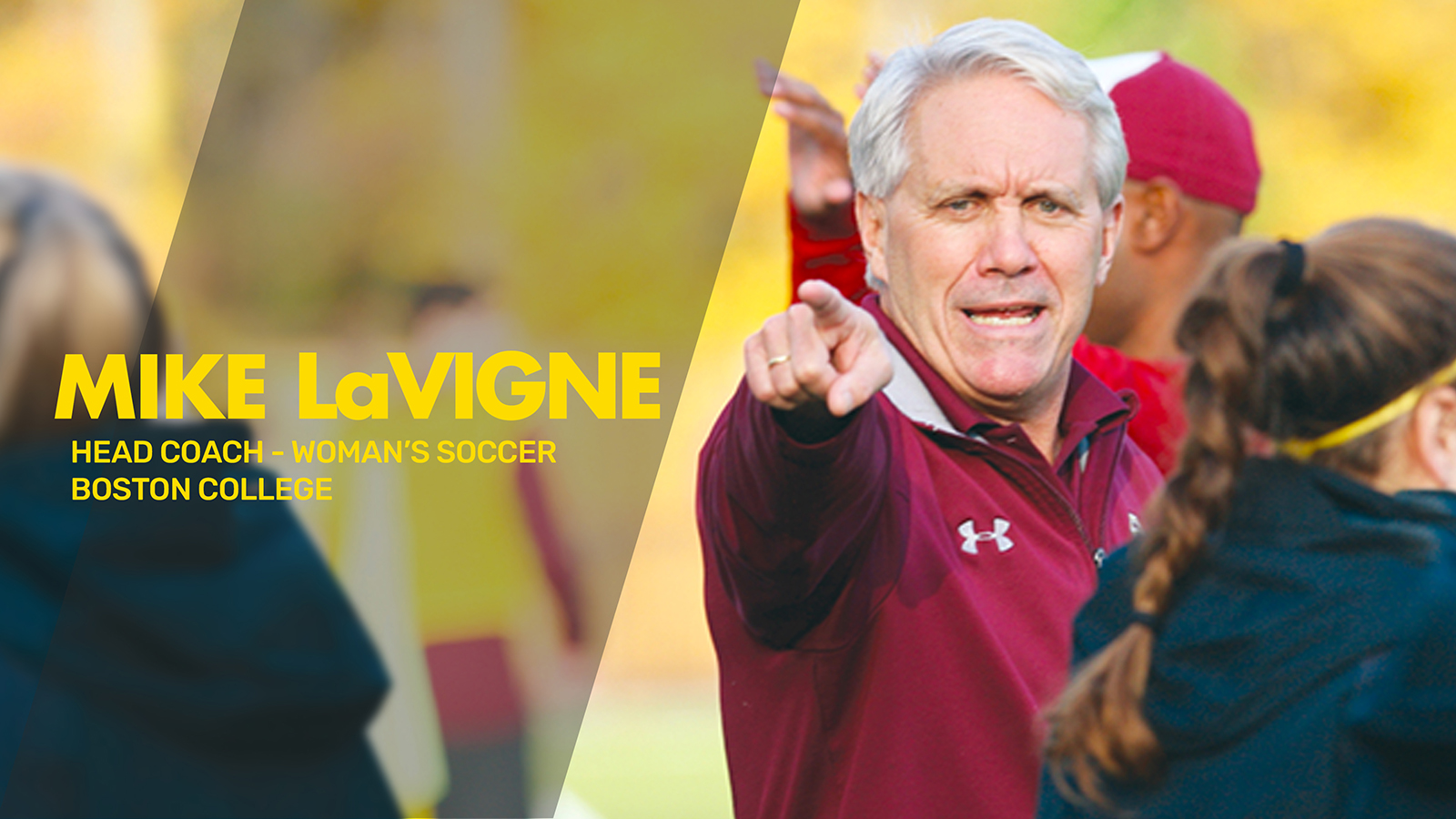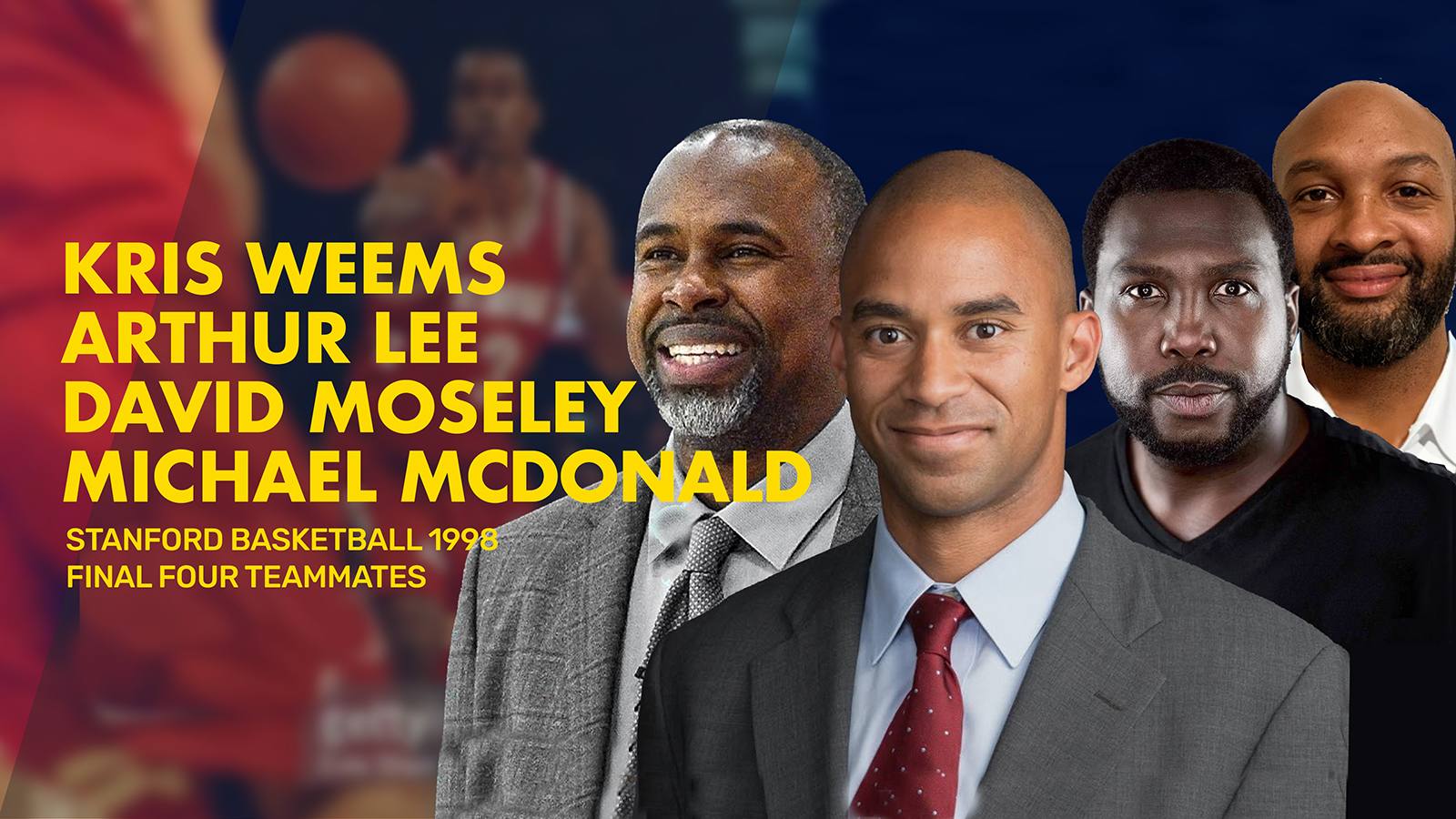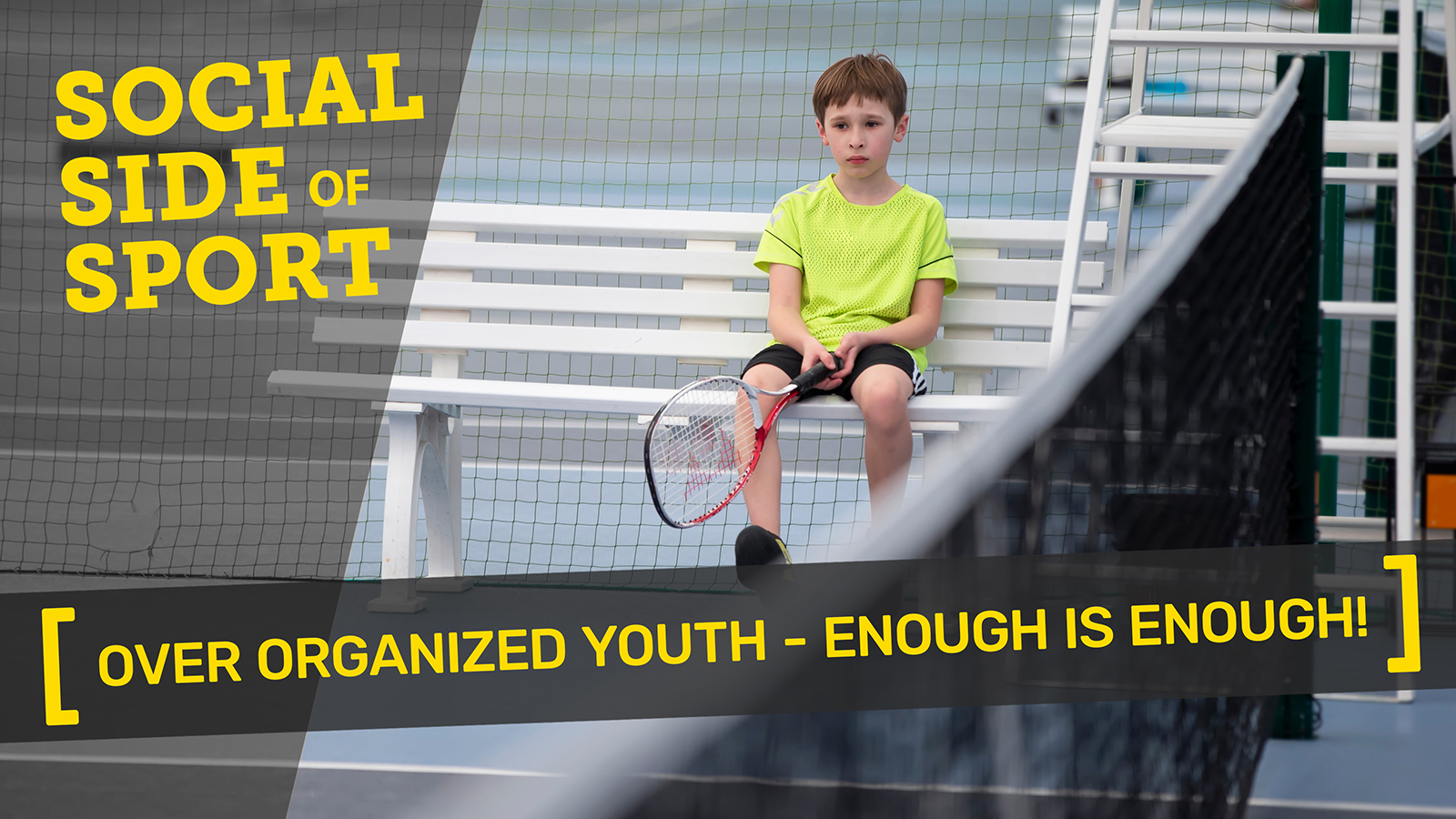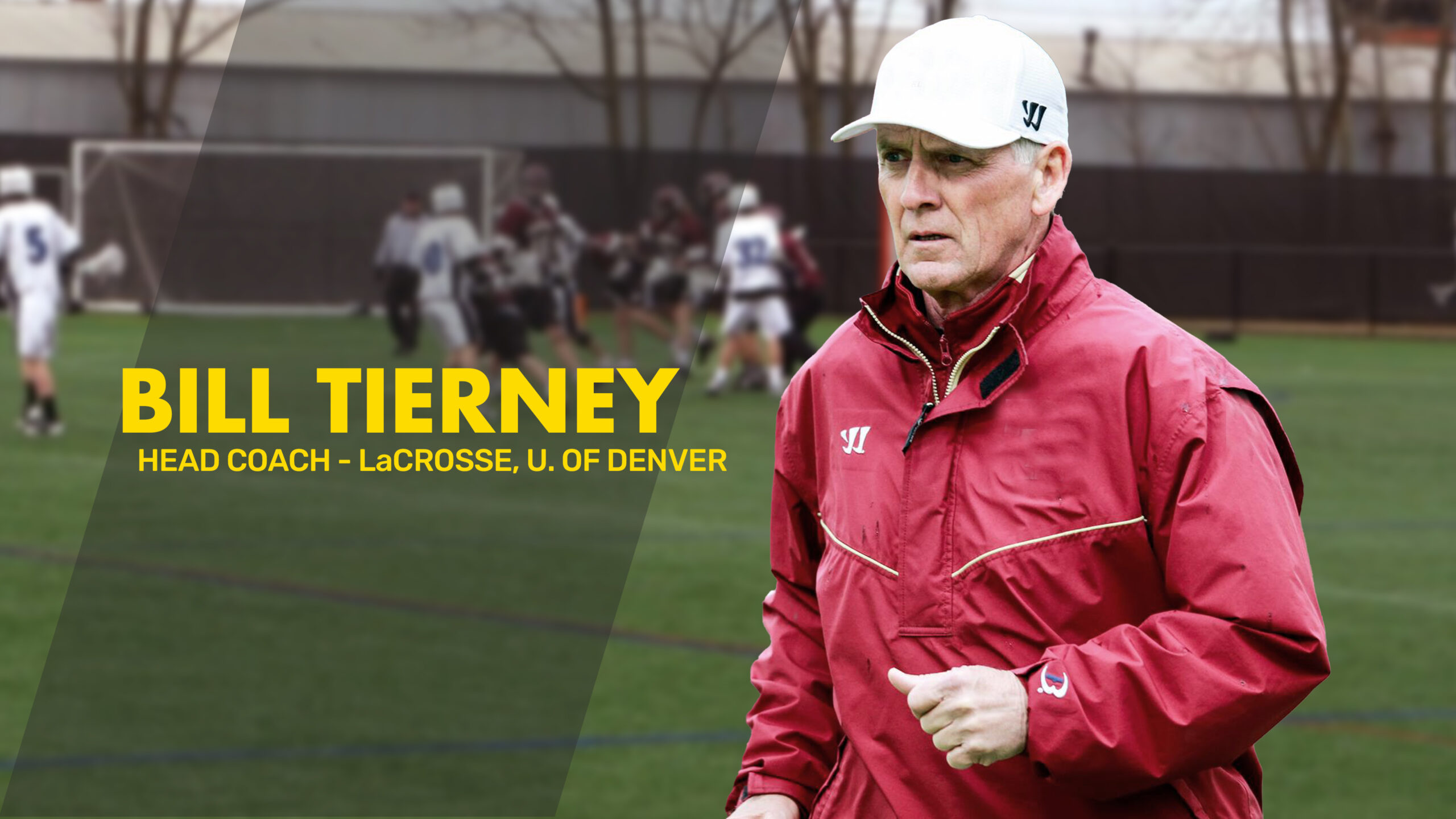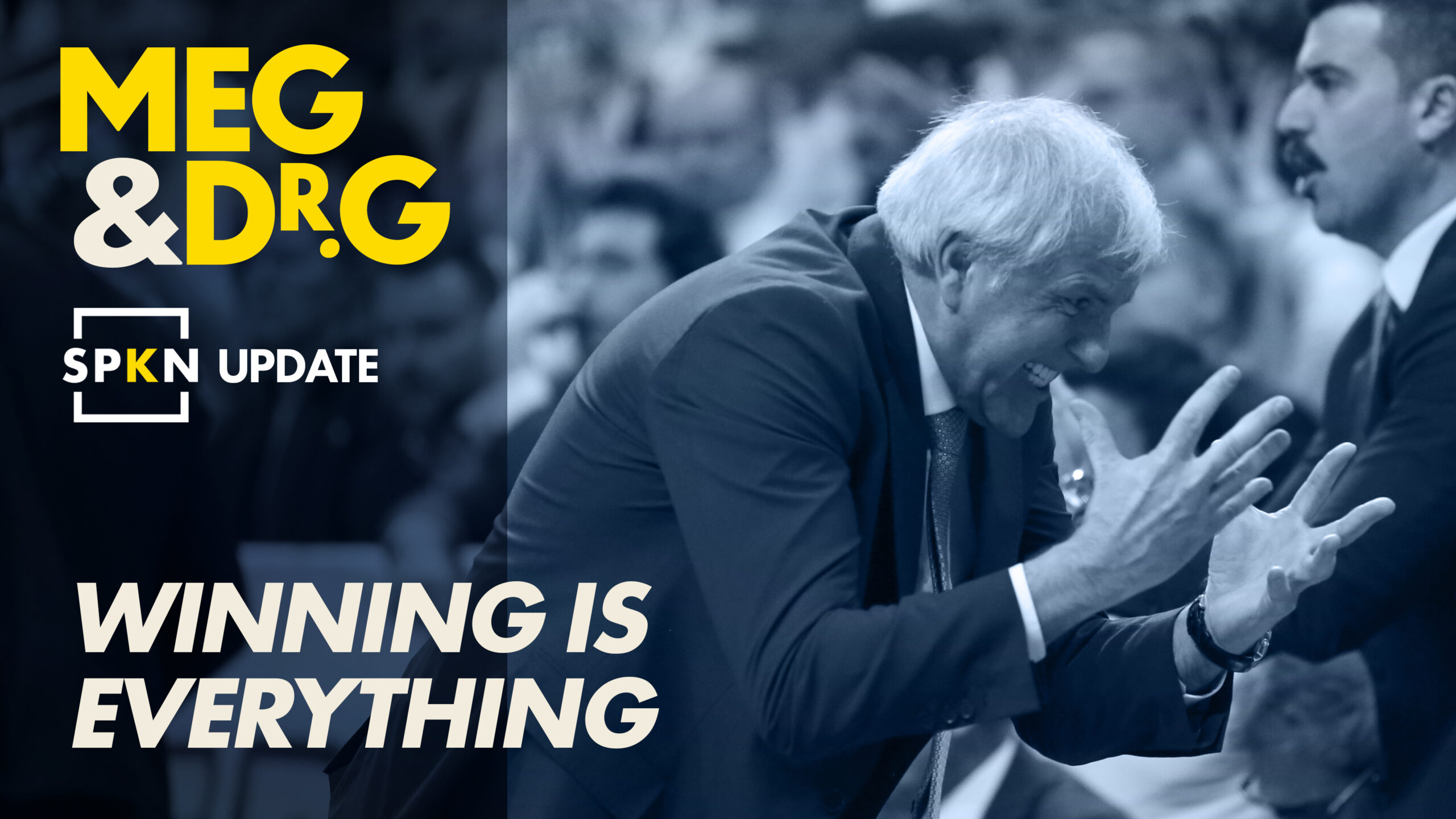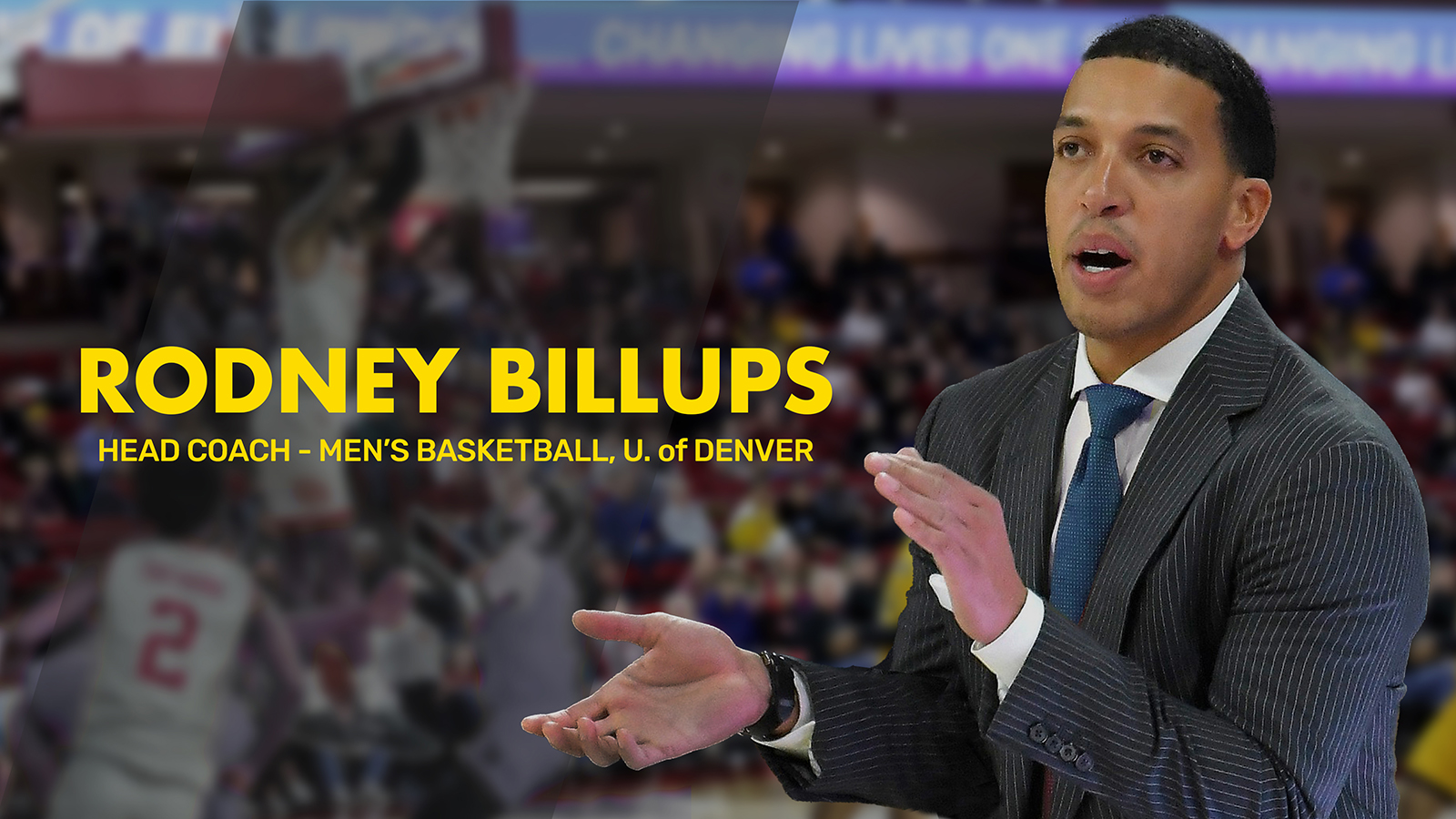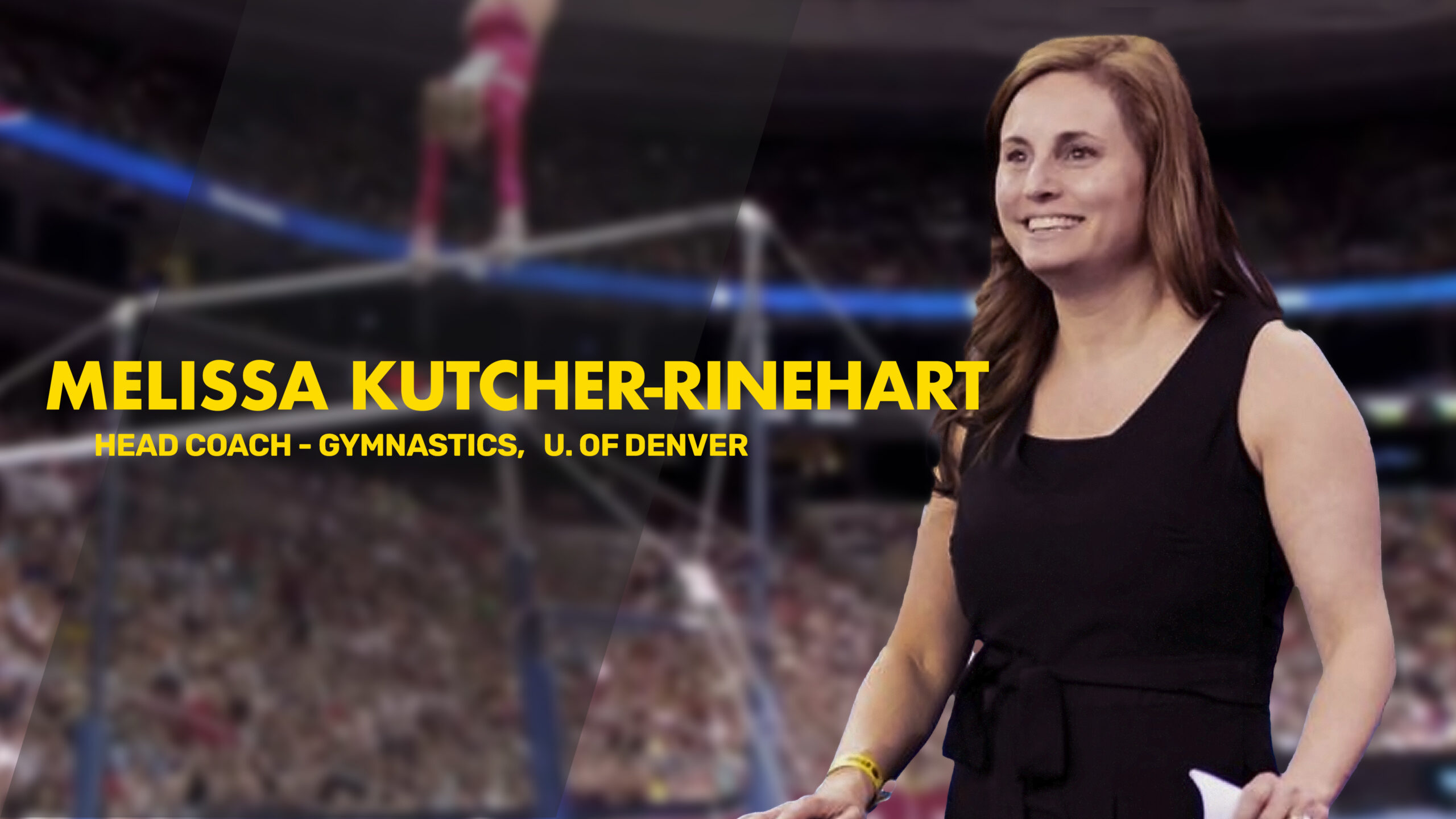Sport knowledge has always been a crucial factor in the field of sports, driving the development of athletes and shaping the future of coaching. With the evolution of athlete learning models and innovative coaching methods, the landscape of sport education is changing dramatically. This article aims to delve into the impact of these changes, focusing primarily on the transformation of athlete learning and the evolution of sport coaching.
The Evolution of Sport Knowledge
Understanding Sport Knowledge
Sport knowledge encompasses a wide range of areas, from the understanding of physical movements to the study of team dynamics and game strategies. This knowledge is not only essential for athletes but also crucial for coaches who play a significant role in shaping athletes’ performances and development.
The Rise of Athlete Learning Models
The traditional model of sport coaching often involves coaches instructing athletes on what to do and how to do it. However, with the emergence of new athlete learning models, such as the “play-practice-play” (P-P-P) model, there has been a shift toward a more learner-centered approach. This approach emphasizes the importance of athletes actively constructing their own knowledge and making decisions rather than passively receiving instructions from coaches.
The Shift Towards Learner-Centered Coaching
The Impact of New Learning Models
The adoption of new learning models such as P-P-P has had a profound impact on the way coaches approach their training sessions. Rather than focusing solely on skill drills and direct teaching, coaches are now starting to incorporate elements such as small-sided games and tactical understanding into their practices. This shift towards a more indirect coaching style not only enhances athletes’ problem-solving skills but also promotes a more enjoyable and engaging learning environment.
Challenges in Implementing New Learning Models
Despite the benefits of these new learning models, there are also challenges that coaches need to overcome. One of the main obstacles is the ingrained belief in traditional coaching methods, which can be difficult to change. This resistance to change can be attributed to various factors, including the coach’s past experiences, expectations from parents and other coaches, and the influence of media portrayals of coaches.
The Importance of a More Formal Coach Education Program
Coach education plays a crucial role in equipping coaches with the necessary skills and knowledge to implement new learning models effectively. A more formal sport leadership education program provides coaches with the opportunity to learn about the latest research and best practices in multiple sport disciplines, providing them with the tools to adapt their coaching methods to better meet the needs of their athletes.
Over the years, coach education programs have evolved to become more learner-centered, incorporating a variety of coaching and learning theories and models to enhance the quality of coach education. Some programs even focus on experiential learning, problem-based learning, and reflective practice, encouraging coaches to engage in their own learning process actively.
The Impact of Coach Education Programs on Coaching Practices
Positive Changes in Practices
Many coaches have reported positive changes in their coaching practices after participating in coach education programs. They have found the programs to be effective in equipping them with new perspectives and practices and in helping them to better understand and implement new learning models. These changes in practices have not only improved the quality of their coaching but also have had a positive impact on their athletes’ development and performances.
Barriers to Implementing Changes in Practices
Despite the positive impact of coach education programs, there are still barriers that prevent coaches from fully implementing the changes in their practices. These barriers include the lack of follow-up support post-program, the short duration of the programs, and the resistance from other coaches and parents. To overcome these barriers, it is imperative that sport coaches come together, continue their education, and share wins and losses in their efforts to reach their own full potential.
Future Directions for Sport Knowledge and Coaching Methods
The Need for Continuous Learning and Development
In the ever-evolving field of sports, it is crucial for coaches to engage in continuous learning and development. This necessity not only involves staying up to date on the latest research and trends in sport coaching but also entails reflecting on their own coaching practices and seeking ways to improve. By doing so, coaches can ensure that they are providing their athletes with the best possible learning environment.
The Role of Communities of Practice
Our SPKN Community of Practice is where coaches can come together to share ideas and learn from each other. Our Community can play a significant role in promoting continuous learning and development by providing a platform for coaches to share their experiences, challenges, and successes, thereby learning from each other and building new sport knowledge. By fostering a culture of collaboration and mutual learning, our SPKN Community significantly enhances the effectiveness of our coach education platform.
In conclusion, the transformation of athlete learning and the evolution of sport coaching methods have revolutionized the way we approach sport knowledge. There is no doubt that these changes will continue to shape the future of sport coaching. As we move forward, it is crucial for coaches, athletes, and all stakeholders in the sport community to embrace these changes and strive for continuous learning and development.
LinkedIn Newsletter https://www.linkedin.com/newsletters/sport-knowledge-nugget-7060787139034157056/
Discover more about Athlete Learning Models and stay updated with the latest trends in sport coaching by visiting SPKNmedia.org www.SPKNmedia.org. Be a part of the change that’s transforming the world of sports!
REFERENCES
Araya, J., Bennie, A.,&O’Connor, D. (2015). Understanding performance coach development: Perceptions about a postgraduate coach education program. International Sport Coaching Journal, 2(1), 3–14. https:// /10. doi.org 1123/iscj.2013-0036
Callary, B., Culver, D., Werthner, P., & Bales, J. (2014). An overview of seven national high-performance coach education programs. International Sport Coaching Journal, 1(3), 152–164. https://doi.org/10.1123/iscj.2014-0094
Chesterfield, G., Potrac, P., & Jones, R. (2010). “Studentship” and “impression management” in an advanced soccer coach education award. Sport, Education and Society, 15(3), 299–314. https://doi.org/10.1080/13573322.2010.493311
Cushion, C.J., Nelson, L., Armour, K.M., Lyle, J., Jones, R.L., Sandford, R., & O’Callaghan, C. (2010). Coach learning and development: A review of the literature. Sports Coach UK.
Kuklick, C., Harvey, S., & King, R. (2021). Influence of a coach development curriculum on preservice coaches’ habitus. International Sport Coaching Journal, 8(3), 293–302.
Trudel, P., Gilbert, W., & Werthner, P. (2010). Coach education effectiveness. In J. Lyle & C. Cushion (Eds.), Sport coaching: Professionalism and practice (pp. 135–152). Churchill Livingstone Elsevier.

